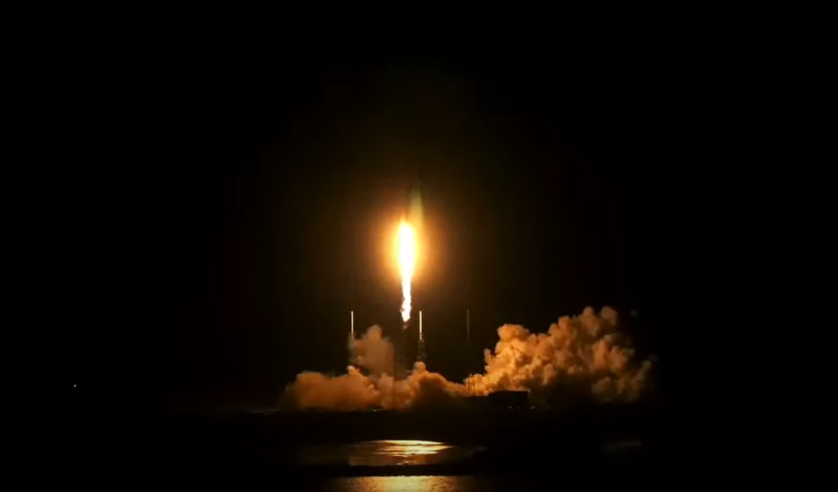
Ibadan, 18 December 2023. – NASA has launched its Tropospheric Emissions: Monitoring of Pollution (TEMPO) instrument as a payload on Intelsat 40E aboard a SpaceX Falcon 9 rocket from Cape Canaveral Space Force Station in Florida. The instrument aims to provide unprecedented resolution of monitoring major air pollutants – down to four square miles. As a result, it also aims to improve life on Earth by revolutionizing the way scientists observe air quality from space.
From a fixed geostationary orbit above the equator, TEMPO will be the first space-based instrument to measure air quality over North America hourly during the daytime and at spatial regions of several square miles. Furthermore, TEMPO data will play an important role in the scientific analysis of pollution, including studies of rush hour pollution, the potential for improved air quality alerts, the effects of lightning on ozone, the movement of pollution from forest fires and volcanoes, and even the effects of fertilizer application.
“The TEMPO mission is about more than just studying pollution – it’s about improving life on Earth for all. By monitoring the effects of everything from rush-hour traffic to pollution from forest fires and volcanoes, NASA data will help improve air quality across North America and protect our planet,” said NASA Administrator Bill Nelson.
TEMPO will also form part of an air quality satellite virtual constellation that will track pollution around the Northern Hemisphere. South Korea’s Geostationary Environment Monitoring Spectrometer, the first instrument in the constellation, launched into space in 2020 on the Korean Aerospace Research Institute (KARI) GEO-KOMPSAT-2B satellite and is measuring pollution over Asia. Likewise, the ESA (European Space Agency) Sentinel-4 satellite, scheduled to launch in 2024, will make measurements over Europe and North Africa.





